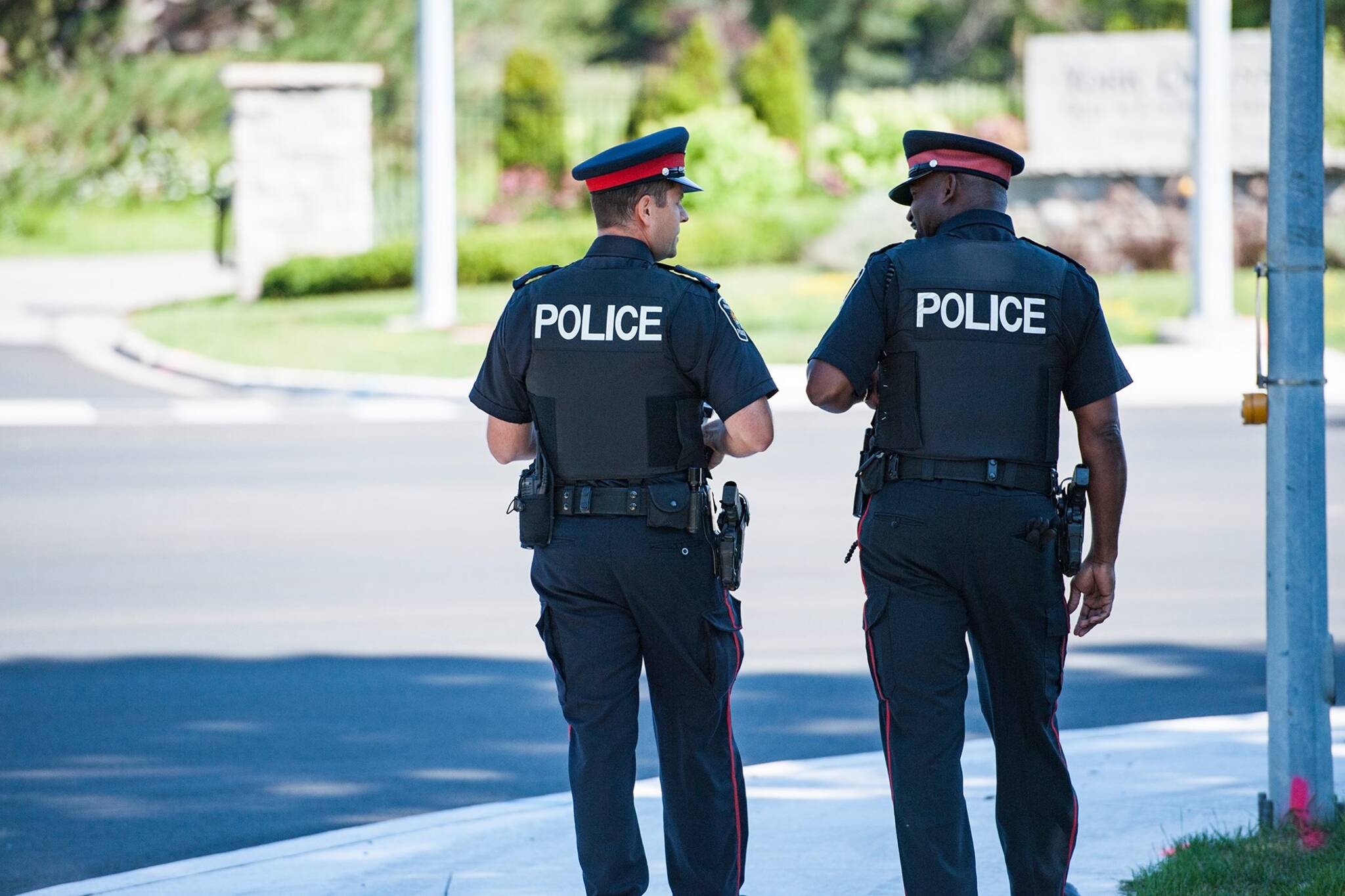
Ontario police warn people to stop calling 911 over Amber Alert
Amber Alert etiquette is back in conversations today as police tell Ontarians to stop calling 911 over the emergency warning system.
Yesterday afternoon, an Amber Alert was issued by York Region police over the Alert Ready system for a missing girl, aged 5, in Markham. The alert sprang up on almost everyone's phones in the GTA, notifying of the alleged abduction.
We are aware that some #AmberAlert messages keep going out on TVs across the province. @OPP_COMM_CR manages the system and are working to get the alerts cancelled. Your patience is appreciated.
— York Regional Police (@YRP) March 20, 2019
Luckily, this alert had a more positive outcome than the last one issued to the region, where 11-year-old Riya Rajkumar was found dead after being abducted by her father.
But like last time, many people are failing to understand the purpose or importance of Amber Alerts, and are reacting poorly to it.
Smh these people No shame .. #amberalert pic.twitter.com/6PygS87NOa
— Sulaiman-- (@SulaimanBobat) March 19, 2019
Included in this poor behaviour is repeated calls to 911.
Police are now reminding people that 911 is only for emergencies, as they are receiving countless calls of people complaining about the alert.
The Amber Alert was called off about an hour after it was issued, but due to ever-present glitches in the Alert Ready system, some are still receiving it at a delayed pace.
Friendly reminder: DO NOT CALL 911 if this alert simply distrupted your day. DO CALL if you have any observations to report. #alert #emergency #AmberAlert pic.twitter.com/Dxu90PPZUE
— CHELSEA LECCE (@Chelsea_ahh) March 19, 2019
While annoying, it definitely isn't a reason to call 911, wasting the dispatcher's time and potentially blocking access to an actual emergency call.
The young girl that was the subject of yesterday's alert was found, and charges against her father have since been dropped.
Latest Videos
Latest Videos
Join the conversation Load comments







